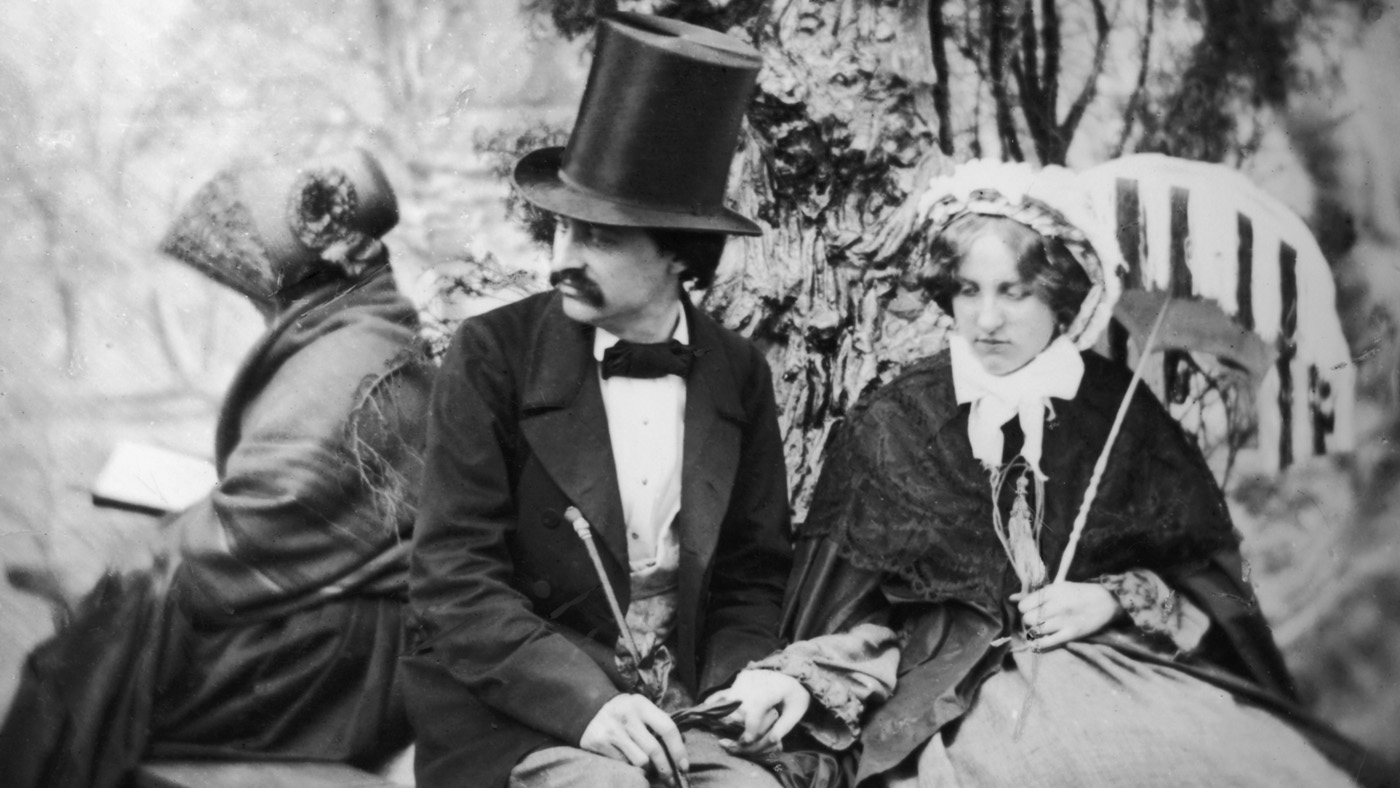Victorians were happier than we are today, finds new study
Researchers also claim 1957 was the happiest year of the 20th century – and we've never been as happy since

A free daily email with the biggest news stories of the day – and the best features from TheWeek.com
You are now subscribed
Your newsletter sign-up was successful
Victorian Britain might be thought of as a glum time of poverty and Dickensian working conditions, but it seems people in the 19th century were happier than we are today.
Researchers claim levels of happiness were highest under Queen Victoria and then peaked again in 1957. They have never regained ground since then.
"Although in 1957 life expectancies were lower, GDP was lower, more hours were worked in a typical week and very few households had central heating and less than half owned a television, levels of public happiness were at a height never reached again in the British post-War period," the study says.
The Week
Escape your echo chamber. Get the facts behind the news, plus analysis from multiple perspectives.

Sign up for The Week's Free Newsletters
From our morning news briefing to a weekly Good News Newsletter, get the best of The Week delivered directly to your inbox.
From our morning news briefing to a weekly Good News Newsletter, get the best of The Week delivered directly to your inbox.
The findings came from an analysis of eight million books by the Social Market Foundation think-tank and the Centre for Competitive Advantage in the Global Economy (CAGE) at Warwick University.
Starting from 1776, the year the US Declaration of Independence called for "life, liberty and the pursuit of happiness", researchers searched for words signifying positive emotions - "enjoyment", "vacation", "peaceful" - and negative ones, such as "murder", "disease" and "starvation", in order "to take the pulse of the public mood" at the time the books were written.
They then examined the relationship between happiness and public policy and found that despite the onus placed on a healthy economy, happiness does not correlate with GDP.
Checking the results with surveys of wellbeing dating back to the early 1970s revealed similar findings.
A free daily email with the biggest news stories of the day – and the best features from TheWeek.com
That said, times of significant hardship, such as the Great Depression, did lead to plummeting levels.
The report recommends governments take happiness into account when forming policies.
"A greater focus on happiness in policy-making could also shape policy-making procedures right from their conception," said Daniel Sgroi, associate professor at the University of Warwick.
"If this approach were taken to its logical conclusion, the next public spending round in a nation like the UK would consist of the different government departments presenting their sets of policies with estimated costs and happiness benefits."